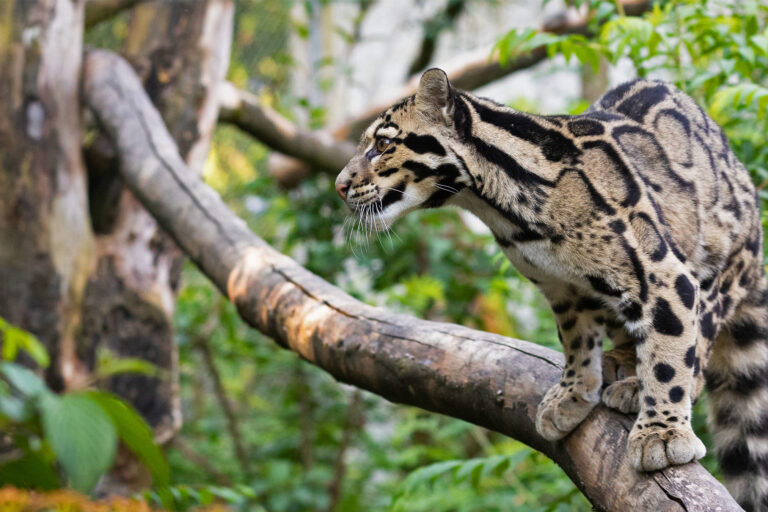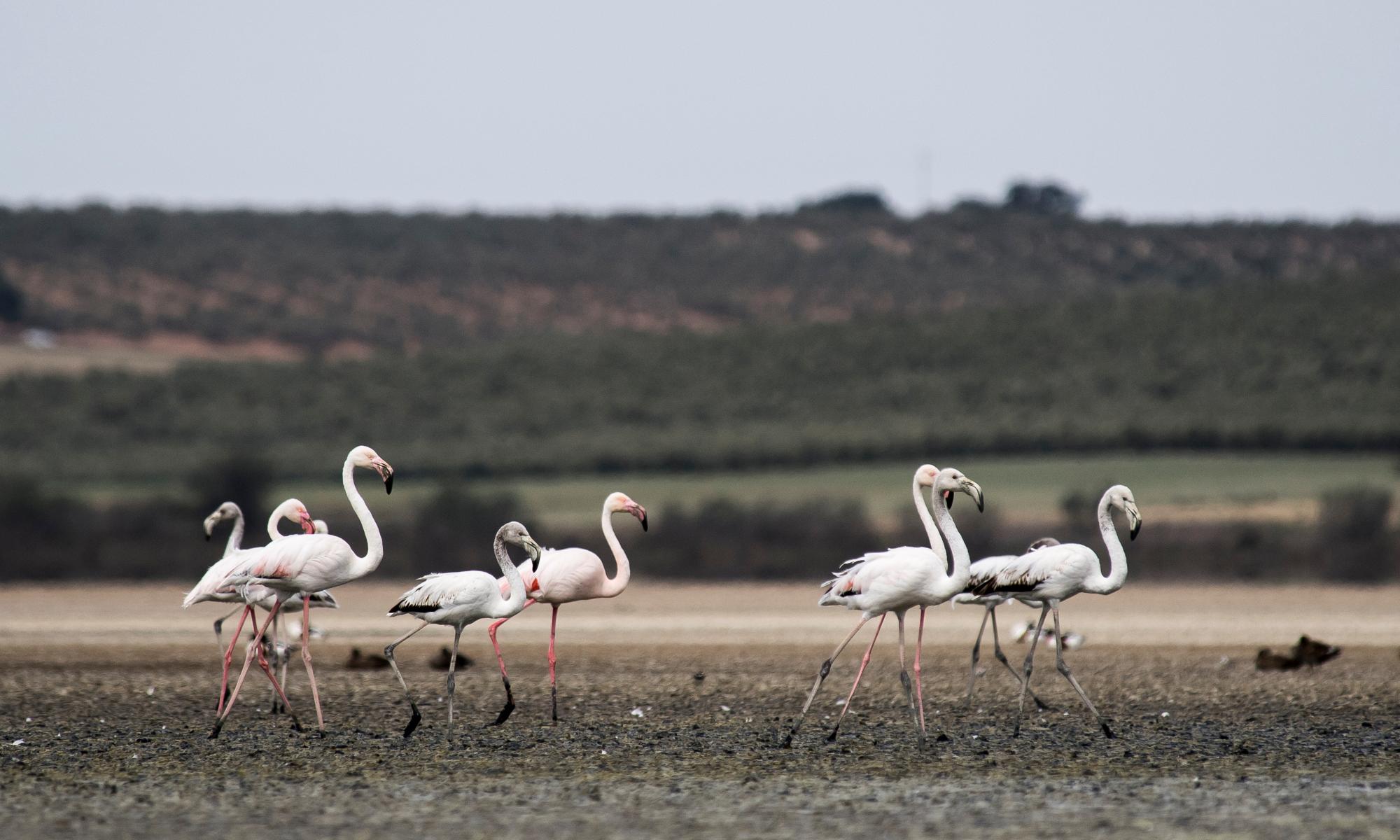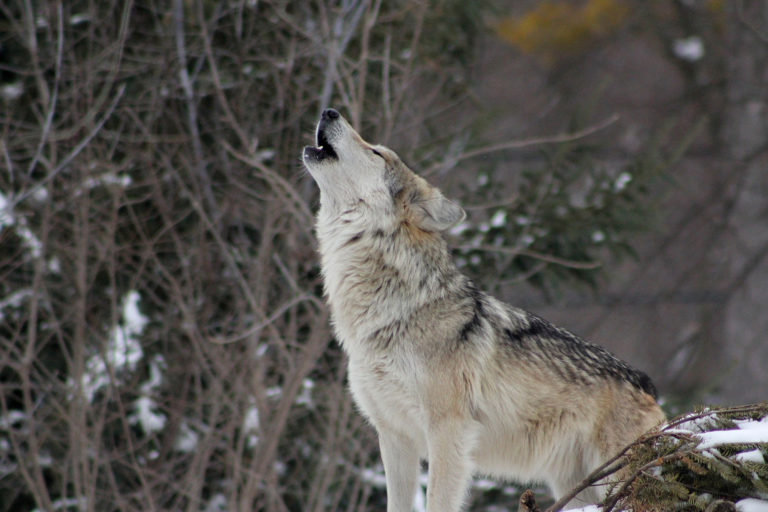Half the little penguin chicks from this year’s breeding season on Penguin Island in Western Australia have died, as the colony dwindles and researchers accuse the state government of failing to act.
It is thought up to 20 chicks, which represented 10% of the colony, were lost after New Year’s Day when their parents were unable to feed them, resulting in the worst breeding season since 2011.
Penguins in the colony, where numbers have dropped from around 2,000 birds 15 years ago to around 250, began the breeding season late after heavy rains brought by La Niña improved their food supply.
The resulting chicks survived a heatwave over the Christmas weekend with the help of ice blocks dropped into their nests by researchers – anything above 35C can be lethal, as temperatures inside nests can be up to 3C higher – but things quickly took a turn.
Adult penguins must replace their feathers once a year, usually in December and January, and are unable to enter the water to hunt during this time. When this occurs, they cannot feed their chicks and the birds begin to starve.

When their parents do not return to feed them, the chicks will leave their nests to enter the water before they are strong enough.
While it is impossible to know the fate of every individual bird, Dr Erin Clitheroe, who has been conducting surveys of nests on Penguin Island for 14 years and wrote her PhD on the colony, said underweight chicks have a slim chance of survival.
“If they’re abandoned and are leaving the nest at a weight under 900g, they don’t have very much chance of survival, but under 800g is a death sentence,” Clitheroe said.
During the recent survey the lightest chick weighed just 400g and was found dead a few days later near its nest.
The colony is the second northernmost population to be found in Australia. To remain stable at its current size, every breeding pair must successfully raise one chick each season.
Dr Joe Fontaine from Murdoch University described the deaths as “unnecessary”.
“It was already going to be a really bad year, then it got worse,” Fontaine said. “The simplest way to explain it is that demography is inescapable.
“When you wipe out half the year’s reproduction and the population is already in trouble, you’re making it that much harder for the population to ever recover.”

Clitheroe first recommended the WA Department of Biodiversity, Conservation and Attractions (DBCA) set up an emergency feeding program in September to ensure the birds’ survival and the continuation of the colony.
When it was learned the chicks were in trouble, Fontaine made a formal request with DBCA for an emergency response but no action was taken in time.
The Guardian has seen an email from DBCA rejecting the request as the department believed it was illegal for researchers to take the birds for longer than a 72-hour period.
“They were reluctant to act and the consequence was a nondecision decision,” Fontaine said. “This is a slow-moving mess that consigned half of this year’s reproduction to death.”
The department was contacted for comment but did not provide a response by deadline.
Dawn Jecks, a councillor with Rockingham city council and the organiser behind the Save Rockingham’s Little Penguin campaign, said her “heart sank” when she learned of the deaths.
“The bottom line is, unless responsive and accountable institutional processes are in place, decisions will be delayed and extinctions will occur,” she said.

Jecks said that while DBCA has been actively promoting tourism on the island, plans to construct new infrastructure should be called off and foot traffic into the area should be stopped to take the pressure off the colony while it recovers.
“At the moment there’s just inertia. It’s dire – how do we explain to our grandkids who ask why there are no penguins on Penguin Island and we did nothing to save them?”
Clitheroe said while the colony’s circumstances were linked directly to climate change, it “was not inevitable” the colony would die out.

She said catch, feed and release conservation programs in South Africa offered a “fantastic example” that could be followed, or birds could be fed in their nests.
She also said a broader climate change adaptation strategy should be considered – a call echoed by Nic Dunlop, citizen science program coordinator with Conservation Council WA.
“We need to give it a go and even if we fail, there’s a lot to be learned which may be useful in protecting other species,” Dunlop said.
“We hope the agency will come along with it but that remains to be seen.”


